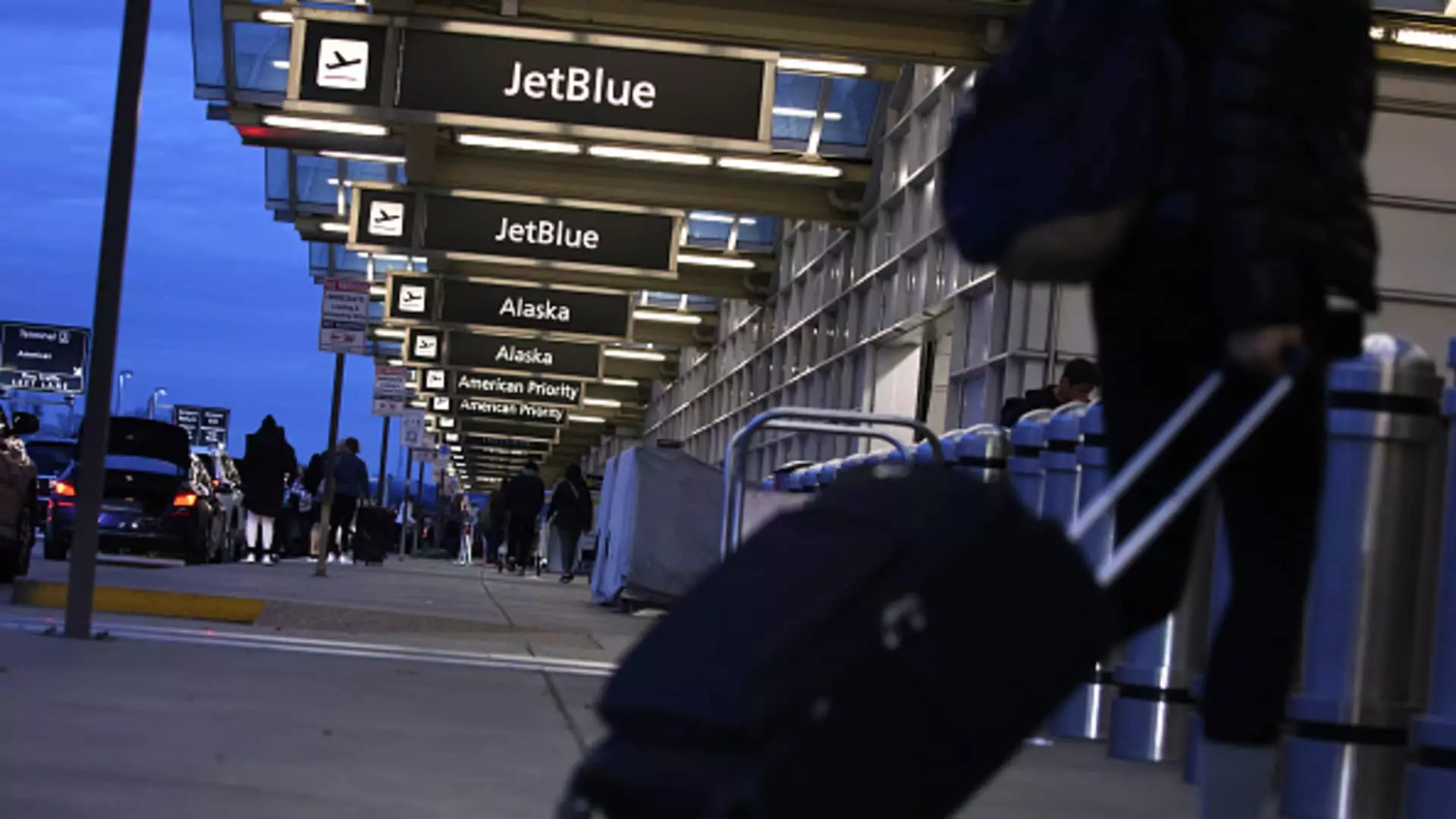In a bid to streamline operations and enhance profitability, JetBlue Airways is making headlines with the introduction of early retirement packages aimed at select pilots. Announced through the Air Line Pilots Association, this initiative reflects the airline’s ongoing struggle to balance rising operational costs and revenue generation against the backdrop of infrastructural challenges, such as engine recalls affecting their fleet functionality. Pilots eligible for this program will have until February 7 to respond, indicating a tactical approach by the airline to leverage voluntary retirements as a means of cost control.
The early retirement package proposes to provide financial incentives to pilots nearing retirement age. Specifically, participating pilots will be compensated for 55 hours of their regular pay rate up until their mandated retirement date or 18 months following the separation agreement—whichever comes first. This measure is particularly notable for its financial contours; for instance, a seasoned Airbus A320 captain nearing retirement could expect a substantial payout nearing $416,293, while an Embraer E190 captain with less experience would receive a significantly lower amount, approximately $160,859. Such discrepancies highlight the varying financial landscapes that pilots at different levels of experience will encounter as they consider their options.
JetBlue’s move to offer voluntary separation packages is not merely an act of goodwill toward its pilots but serves as a calculated maneuver amid broader efforts to cut costs. With the airline preparing to release its quarterly financial results, it is clear that leadership is keenly aware of the pressure to manage expenses effectively. This is further compounded by ongoing issues, including significant recalls from Pratt & Whitney that have grounded several of their aircraft, increasing operational overheads.
In this light, the voluntary retirement offers can be seen as part of a broader effort to recalibrate the operational capacity of JetBlue, allowing the airline to escape from potentially crippling financial strains while maintaining a skilled workforce adaptable to the company’s current needs.
This tactic of offering early retirement is not unique to JetBlue; other airlines have embarked on similar paths to mitigate costs and recalibrate their workforce in light of changing economic conditions. As the aviation industry grapples with a myriad of challenges, from rising fuel prices to evolving passenger demands, strategies like these reflect a growing trend among carriers to prioritize financial health through workforce adjustments.
The implications of such strategies extend beyond mere numbers; they influence employee morale, shape public perceptions of the airline’s stability, and may even affect recruitment of future pilots in a landscape already impacted by pilot shortages.
Ultimately, JetBlue’s decision to offer early retirement packages to its pilots is a multifaceted initiative shaped by necessity and strategic foresight. While it addresses immediate financial concerns for the airline, it also raises questions about the airline’s long-term vision and the effects such decisions will have on its pilot base and overall service quality. As JetBlue navigates these turbulent skies, the reception of this measure by pilots and the broader industry will undoubtedly shape their future path.

